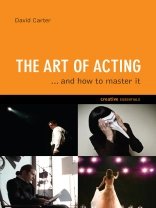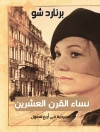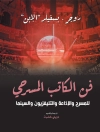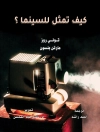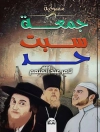The Art of Acting provides a basic introduction and general advice for people wishing to develop their skills as actors or actresses. It is aimed at both the amateur enthusiast and for those wishing to pursue their interest further and undertake professional training. Advice is given on the basic skills which every actor needs to develop, such as breathing, voice control, the use of body language, timing and handling the audience. The importance of understanding a text and the interaction of the characters within it is considered, as is the relationship between the actor/actress and director.
Auxiliary activities such as actors' exercises and warm-ups are evaluated and general advice provided. Specific skills are discussed, such as the learning of lines, mime, mastering dialects and accents, period manners, and ensuring that make-up is suitable to the role.
Summaries of the ideas of famous theorists, directors and actors, are included such as: Stanislawski, Lee Strasberg, Michael Chekhov and Dorothy Heathcote; Peter Brook and Peter Hall; and John Gielgud, Laurence Olivier, Simon Callow, Ian Mc Kellen, Judi Dench, Alec Guinness, Michael Caine and Dirk Bogarde.
There is also some consideration of the differences between stage and screen acting; the problems of acting in the open air and the particular demands of certain playwrights, such as Shakespeare, and Brecht.
Circa l’autore
Dr. David Carter taught at several UK universities and Yonsei University, Seoul. He published on psychoanalysis, literature, drama, film history and applied linguistics, and was also a freelance writer and journalist. He had more than 30 years experience with amateur drama, as actor, director and for many years as chairman of a leading group in the South of England. He wrote Creative Essentials on Plays… and how to produce them and The Art of Acting, Pocket Essentials on Georges Simenon and Literary Theory, and Kamera Books on East Asian Cinema and The Western.
